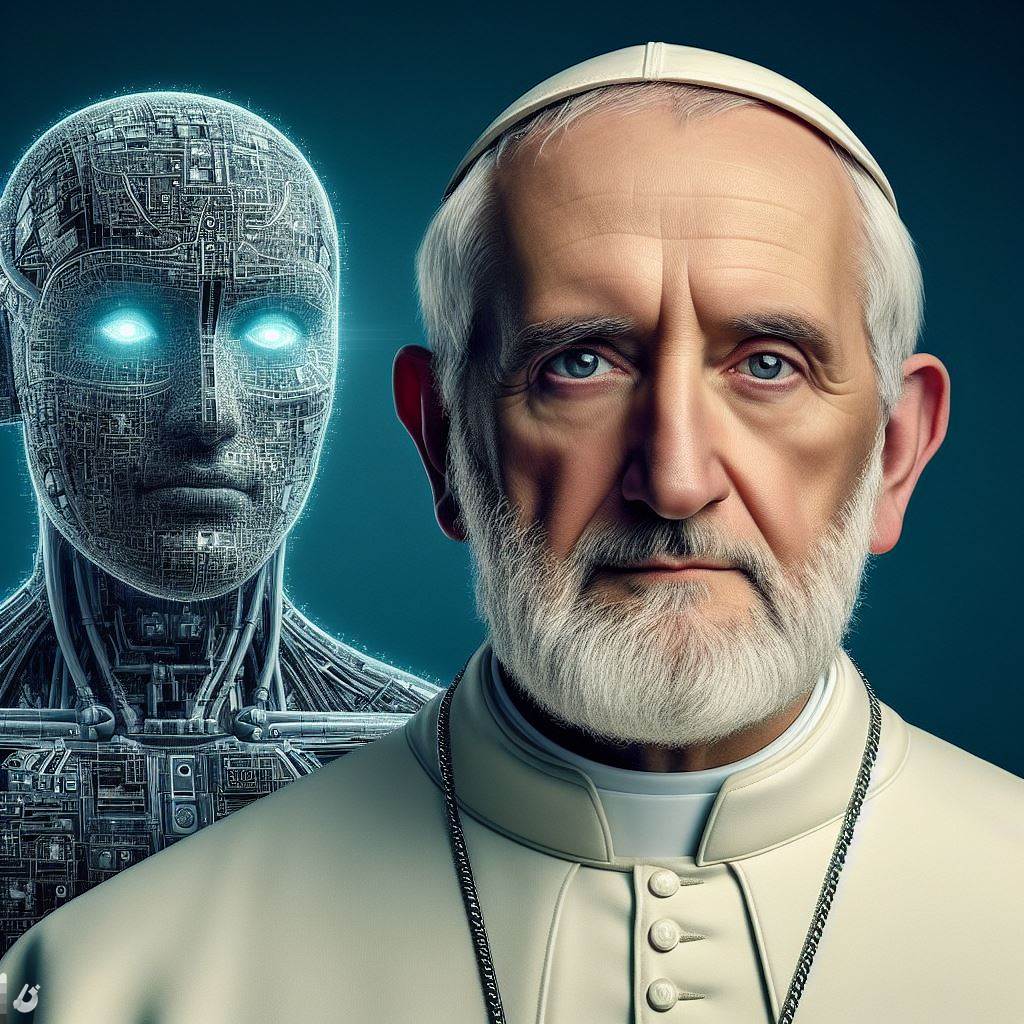
Friar Paolo Benanti, clad in the humble brown robes of his Franciscan order, stands at the forefront of a pivotal endeavor: shaping the ethical trajectory of artificial intelligence (AI) to ensure it serves humanity's well-being without exploitation.
As the Vatican's leading authority on technology, Benanti, with a unique blend of expertise in engineering and moral theology, holds a prominent position in the dialogue surrounding AI governance. His influence extends beyond the confines of the Vatican, encompassing engagements with top executives from Silicon Valley and collaborations with international bodies such as the United Nations.
In an interview with The Associated Press, Benanti articulates the profound ethical questions posed by AI, epitomized by the fundamental distinction between human existence and mechanized functionality. He emphasizes the urgency of addressing this existential quandary as technology evolves, blurring the lines between man and machine.
Benanti's pivotal role in this discourse aligns closely with the vision of Pope Francis, who advocates for an international treaty to uphold the ethical use of AI technology. The pontiff's concern stems from a broader commitment to safeguarding human dignity and rights in the face of technological advancements.
The Friar's expertise extends beyond theological realms, as he serves as head of an Italian government commission tasked with safeguarding journalism from disinformation—an issue exacerbated by the proliferation of AI-generated content.
Collaborations between Benanti and tech industry leaders, such as Microsoft President Brad Smith, underscore the intersection of technology and ethics. Their discussions, informed by Benanti's deep understanding of both realms, delve into the potential societal impacts of AI, ranging from economic disparities to infringements on human rights.
While Benanti acknowledges the transformative potential of AI, particularly in fields like healthcare, he underscores the paramount importance of ethical governance. He warns against the exploitation of marginalized communities, whose labor often fuels the data-driven algorithms underpinning AI technologies.
As the AI landscape evolves, Benanti advocates for a nuanced approach to governance—one rooted in ethics and social responsibility. He emphasizes the imperative of integrating ethical considerations into the development and deployment of AI, ensuring that technological advancements align with the common good and respect human dignity.
In navigating the complex terrain of AI governance, Friar Paolo Benanti emerges as a guiding light, bridging the worlds of technology and morality to shape a future where AI serves humanity's highest ideals.